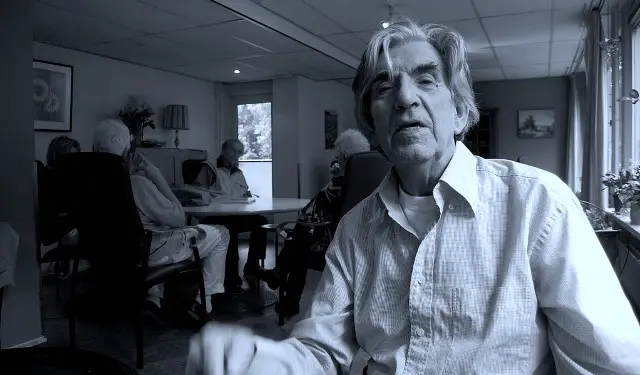This in from the Isle of Wight NHS team, in their own words. Ed
A Dementia Awareness Day is being held on Wednesday 15th January 2014 between 10am – 3pm in the Conference Room at St Mary’s Hospital.
The Awareness Day is open to any member of staff and the public who may have any questions relating to Dementia. It will also provide education and support to those individuals or their family members who may need it.
What is Dementia?
Dementia is a syndrome characterised by the catastrophic, progressive global deterioration in intellectual function and is a main cause of late life disability.
As we age the prevalence of dementia increases and therefore areas with higher elderly populations will have higher rates of recorded dementia. Dementia is more common in older people but can affect people at any age with one in 14 people over the age of 65 and one in six over the age of 80 having some form of dementia.
Highest in UK
The Island had the highest recorded prevalence of dementia in the UK for 2011/12 which is linked with additional psychiatric symptoms such as adjustment disorder, anxiety, psychiatric symptoms and alcohol related issues.
Dementia prevalence has increased on the island over the last five years and nationally. In terms of numbers there has been an increase of 66.5% registered with dementia and a total increase from 0.6% to 1% total prevalence compared to the national prevalence of 0.4% in 2006/07 to 0.5% in 2011/12.
Prediction of 21% further increase
The prevalence rates have been applied to the Office of National Statistics (ONS) population projections of the 65 and over population to give estimated numbers of people predicted to have dementia up to 2020. It is predicted there will be a further 21% increase in registered dementia prevalence by 2020.
Across the predicted years the largest predicted age group increase is in the 70-74 years olds with a predicted rise of 44% from 2012 to 2020 followed by the 90+ age group with a 33% increase. There was an increase in all age groups with the exception of the 65- 69 age groups with a predicted 9% decrease.
Larger increase in men
The increase by gender from 2012 to 2020 is predicted to be larger in males with a predicted 32% increase compared to a predicted 16% increase in females.
The Delphi consensus is used to estimate the numbers of people with dementia. This method is used to predict estimates when an evidence base exists but the recorded data is incomplete.
It is believed that there is a much higher rate of dementia than the recorded prevalence which suggests that there are still many people who have not been diagnosed and appear on the Dementia register. On the Island it is estimated that there could have been another 1,245 people in 2012 with Dementia on the Island that have not been receiving the correct medical help.
Find out more
For further facts please refer to the Joint Strategic Needs Assessment (JSNA) fact sheet ‘People make healthy choices for healthy lifestyles – Mental Health (Updated September 2013)’ embedded below for your convenience.
For more information about Dementia services provided by the Isle of Wight NHS Trust visit our website
The majority of services provided by Isle of Wight NHS Trust are commissioned and funded by Isle of Wight Clinical Commissioning Group (CCG) with specialist cancer services funded by NHS England.





